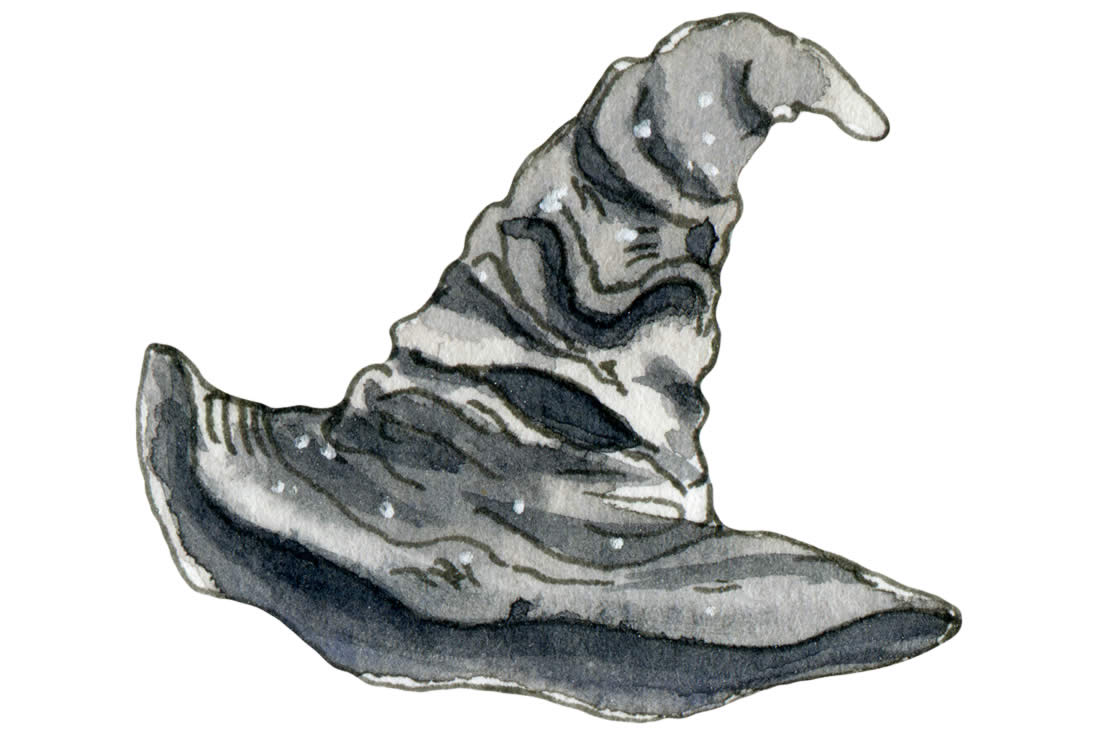Clearview® Performance Systems brings you ...  ... a Culture of Results & Engagement™
... a Culture of Results & Engagement™
Clearview® Performance Systems brings you ...  ... a Culture of Results & Engagement™
... a Culture of Results & Engagement™
Here's the next in our series of weekly managerial TIPS (Techniques, Insights, and Practical Solutions)
to help you better engage your team in the activities that lead to higher performance.
CORE Bites Issue #37

I know what you might be thinking ... Harry Potter? Putting this into perspective, I read dozens of research papers and journal articles every month so when I need a break from this heady material, I occasionally stray into the realm of fiction. I'm a late arrival to the Harry Potter phenomenon but the number of people who have recommended the series had me intrigued. I must confess I didn't think I would enjoy the book(s) ... but I was wrong.
For those of you who have read the books (or seen the movies), you'll know about the Sorting Hat. At Hogwarts (the school where Harry Potter learns his magic), the Sorting Hat is a sapient artefact that uses its ability to quickly evaluate individual personality traits and potential to determine which of the four school houses each student will attend. Are they courageous (Gryffindor House), loyal (Hufflepuff House), curious (Ravenclaw House), or ambitious and cunning (Slytherin House)?
What struck me about the Sorting Hat is this is what—in essence—strong managers do with their own people. It may not be as magical as the Sorting Hat, but the outcome, when done well, can be 'magical' in its own right. Many managers I've worked with over the years have come to know their employees almost better than the employees know themselves.
This week I'm going to explore three ways you can enhance your ability to evaluate individual personality traits and potential. Your team is made up of a diverse grouping of personalities, preferences, and communication styles. And a one-size-fits-all approach to managing them is not going to work!
This week (starting today), try out these HVAs as a way to better understand your people:
With these HVAs in place, I'm pretty certain you'll have an easier time leading each of the individuals on your team. (And all without a Sorting Hat!)
I'd love to hear how this HVA works for you!
Neil Dempster, PhD, MBA
RESULTant™ and Behavioral Engineer
"Teamwork begins by building trust. And the only way to do that is to overcome our need for invulnerability."
— Patrick Lencioni —
